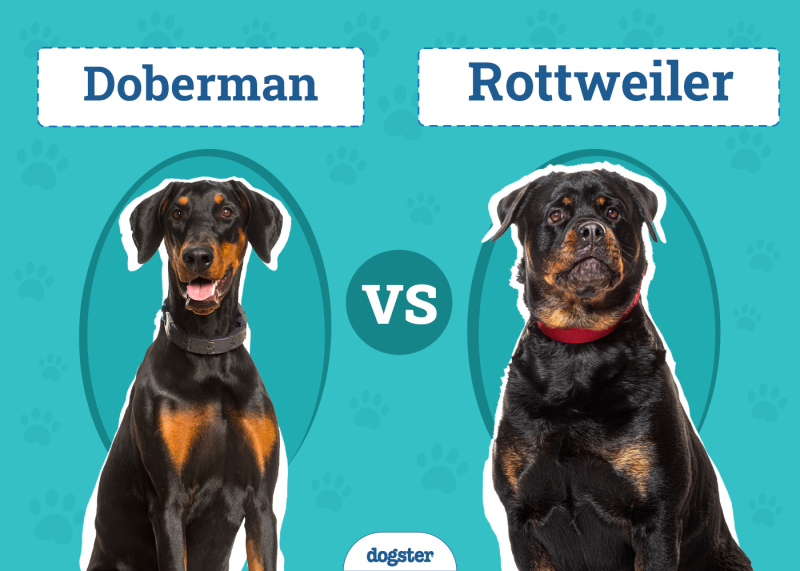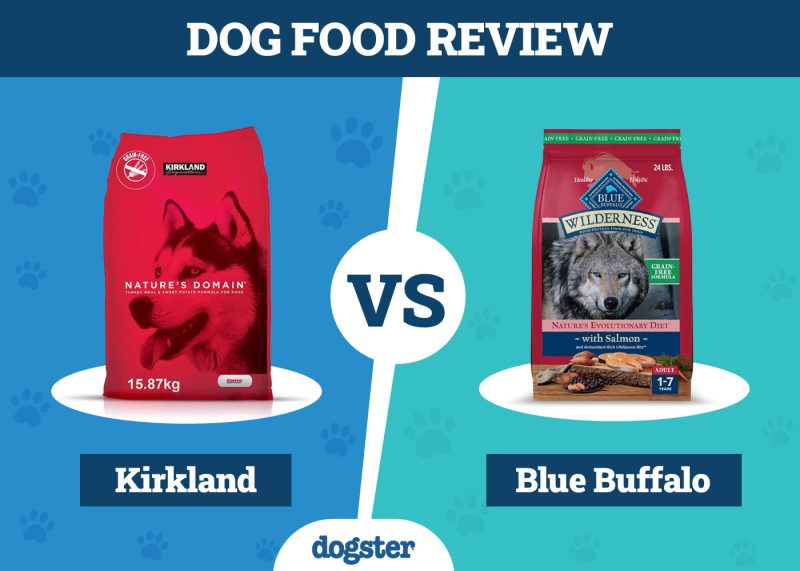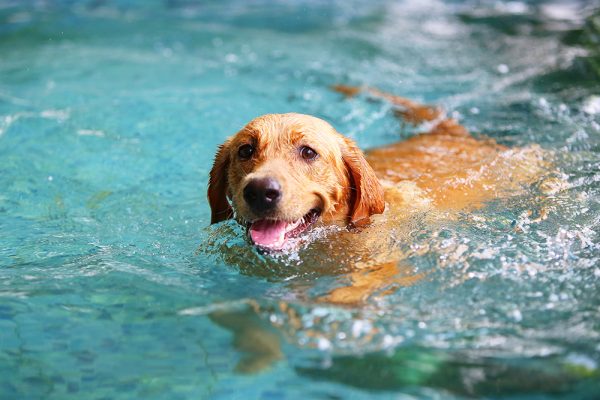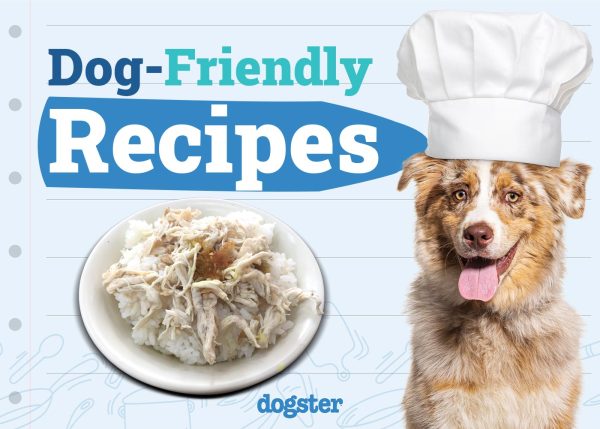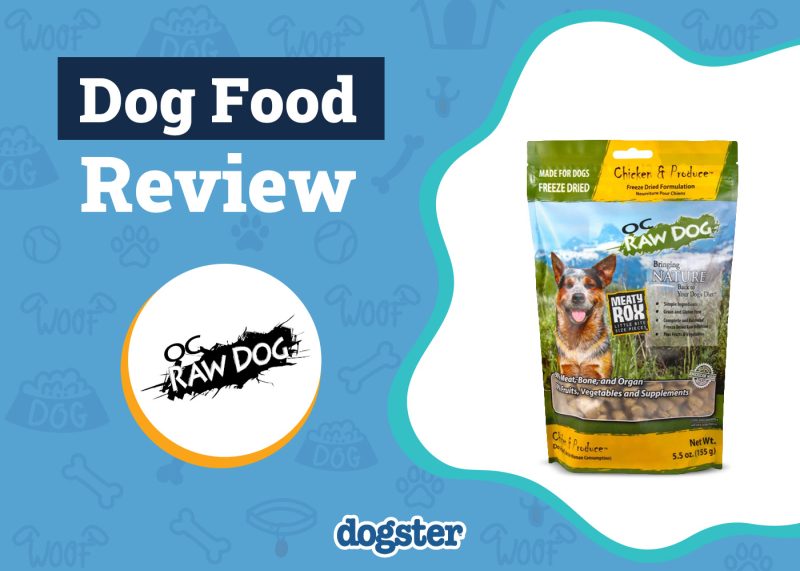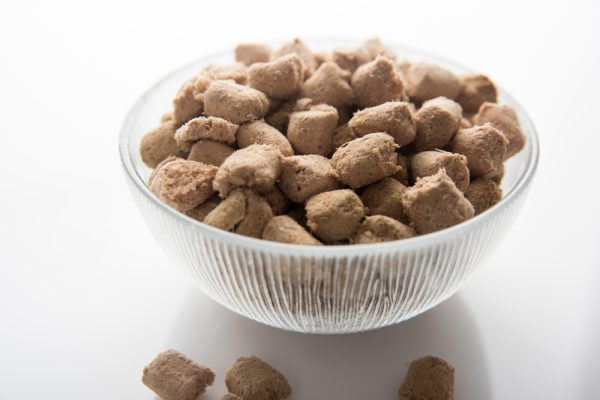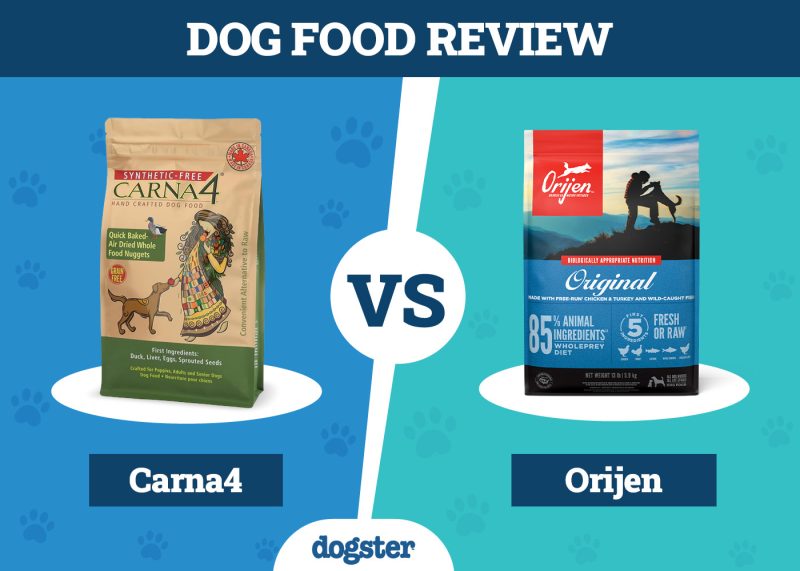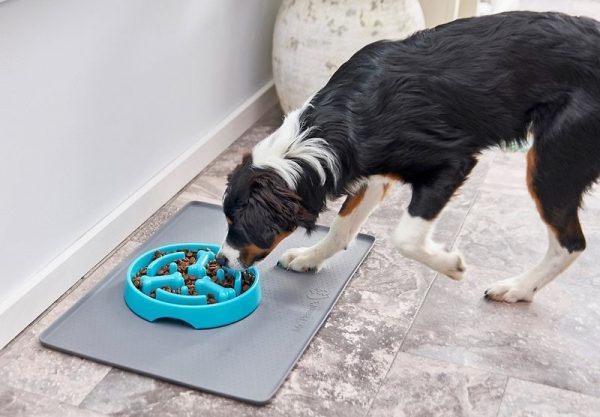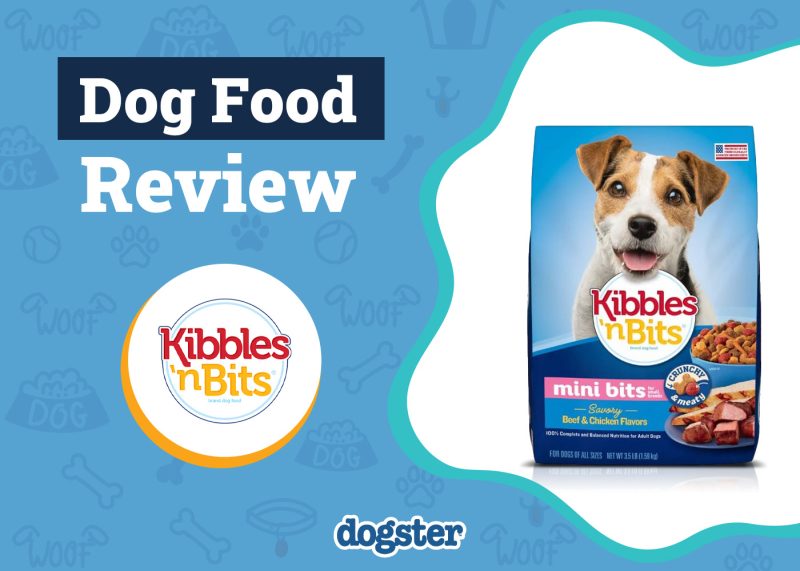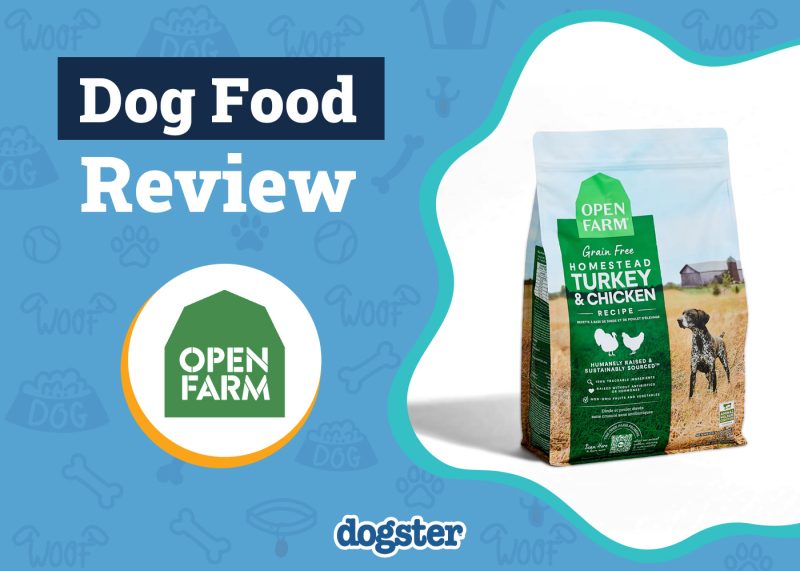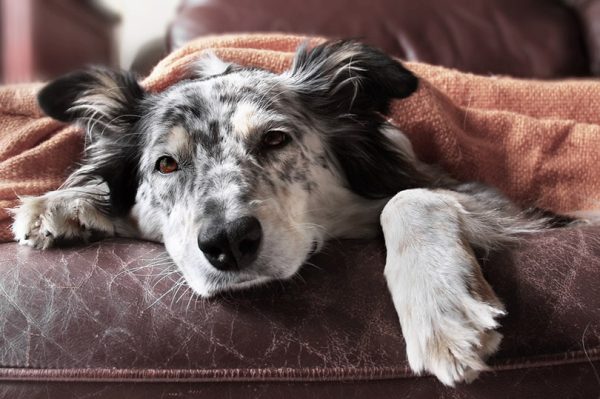A dog having diarrhea is not a fun experience for anyone. In addition to the mess it can leave around your home and yard, it can be very uncomfortable and sometimes painful for your dog.
However, there are some things you can do at home that may help soothe your dog’s stomach to help them recover from their diarrhea, especially if they just have a short bout of it. But if your dog has had diarrhea for more than two days, we recommend seeing a vet.

How to Stop Diarrhea in Dogs
Much diarrhea in dogs is due to a change in their diet, whether it be a new recipe or they ate something different that didn’t agree with them. Here are some things to keep in mind for stopping diarrhea in dogs and when to contact your vet.
1. Take Note of the Facts
Knowing how diarrhea started is important for stopping it. Here are some questions you can ask yourself, so that you can give this information to a veterinarian if necessary. You may also want to take pictures of the diarrhea so you can show them to your vet in case your dog does have to go in for treatment.
When did the diarrhea start?
Knowing when the diarrhea started can help you pinpoint a potential trigger. For example, if you just bought a new bag of dog food, especially a different recipe or brand, it can sometimes trigger digestive upset. Or maybe you caught your dog digging through the trash. All of these tiny signals can help you pinpoint what could’ve been the root cause.
Has your dog lost their appetite?
Having a case of diarrhea could be something as simple as a one-time time and never again. Or, it could be an ongoing thing with multiple symptoms. If your dog has also lost their appetite, it is clear that it is affecting multiple aspects of the gastrointestinal system, and can indicate they need to see the vet.
What are other symptoms?
You need to take note of any other symptoms your dog might be having. A short bout of diarrhea might be perfectly fine if they ate something a little strange. However, diarrhea for days or weeks is a sign of a much bigger, underlying issue. If left untreated, it can lead to much bigger issues, so it’s important to get to the bottom of it.
What is the consistency?
Consistency is also important. Some diarrhea is like straight water, while others could be very chunky, for lack of a better word. Consistency can tell you exactly what your dog is retaining and how much water they are losing.
What is the frequency?
How often would you say your dog is going to the bathroom? Every hour? Every two? Are they unable to hold it for longer than 15 minutes at a time? These details are vital for your vet to know what testing to perform.

2. Identifying the Underlying Trigger
It is important to identify the underlying trigger in order to prevent your dog’s bout of diarrhea. In some cases, this will be easy to identify, while in others, it might be a little harder to figure out. Looking at your dog’s stool and taking note of the facts can help you determine the underlying cause.
This is not an exhaustive list of the multitude of reasons dogs can have diarrhea. But the likelihood of it being caused by one of these culprits is usually pretty high if it’s a standard situation.
- Dietary changes
- Food sensitivities or allergies
- Parasites
- Stress/Anxiety
- Infection
- Garbage Ingestion
3. Offer Plenty of Water
Dogs with diarrhea may not feel like eating, depending on what other symptoms are present. But diarrhea can cause dehydration in dogs, especially if they’ve had the diarrhea for a couple of days. So, it’s important to offer plenty of fresh water for your dog to drink.
If your dog isn’t drinking plain water, you can add a little dog-safe broth to the water to encourage your dog to drink more. While drinking more water won’t stop the diarrhea directly, it can help prevent your dog from getting sicker due to dehydration.

4. Feed a Bland Diet
If your dog is suffering from diarrhea at home and you want to make it feel better, you could try changing their diet for a few days. You want to make sure that you don’t feed your dog anything that will further upset their stomach, so sticking to a bland diet such as boiled chicken and rice is usually best. Contact your veterinarian to ensure this is appropriate for your pup, unless you have been previously instructed on the matter.
You will likely have to feed this mixture to your dog for a few days until the stool returns to form. You could also consider adding pumpkin to enhance flavor and soothe the belly. You can also add probiotics to your pup’s diet in the form of supplements, in order to help replenish healthy gut bacteria and help the gut function return to normal.
If the diarrhea is chronic, you may have to change your dog’s diet entirely–so, keep this possibility in mind. It’s also worth mentioning that The Vet Desk has an in-depth article about what to feed dogs that have diarrhea.
5. See a Vet
Sometimes diarrhea in dogs can’t be stopped at home. Anytime your puppy has diarrhea for more than 1-2 days, the diarrhea is accompanied by other symptoms, or you think they have ingested a toxic substance, get them to your vet. Diarrhea is not normal for more than just a few days at a time, and any longer can lead to dehydration and malnutrition.
Plus, if there is an underlying health condition causing the diarrhea, it will need to be resolved before your dog’s body can start to heal.
In addition to the causes of diarrhea listed above, there are more serious issues that can cause diarrhea in dogs, especially for an extended period. The following are some causes of diarrhea that will need to be diagnosed by a vet in order to treat it accordingly, especially if the diarrhea is chronic.
- Parasites
- Toxin ingestion
- Colitis
- Food sensitivities/allergies when the cause is unknown
- Gastrointestinal disorders
- Inflammatory diseases of the digestive organs
The treatment will depend on the underlying cause, but dietary changes, medications, or maybe even surgery may be necessary to stop your dog’s diarrhea.
If you need to speak with a vet but can't get to one, head over to PangoVet. It's our online service where you can talk to a vet online and get the advice you need for your pet — all at an affordable price!


Conclusion
So now you understand a couple of reasons why dogs can get diarrhea. You also know what to do if you’re trying to help your dog recover. Diarrhea is a common problem for us all, and it can affect our dogs all the same. However, if your dog has diarrhea that doesn’t resolve in 1-2 days, or the diarrhea is accompanied by other signs, you may need to see a veterinarian for diagnosis and treatment.
It seems like they’re constantly getting into something with the potential of giving them diarrhea anyway. To be on the safe side, it’s always best to take your dog to your vet.
Featured Image Credit: Dora Zett, Shutterstock




